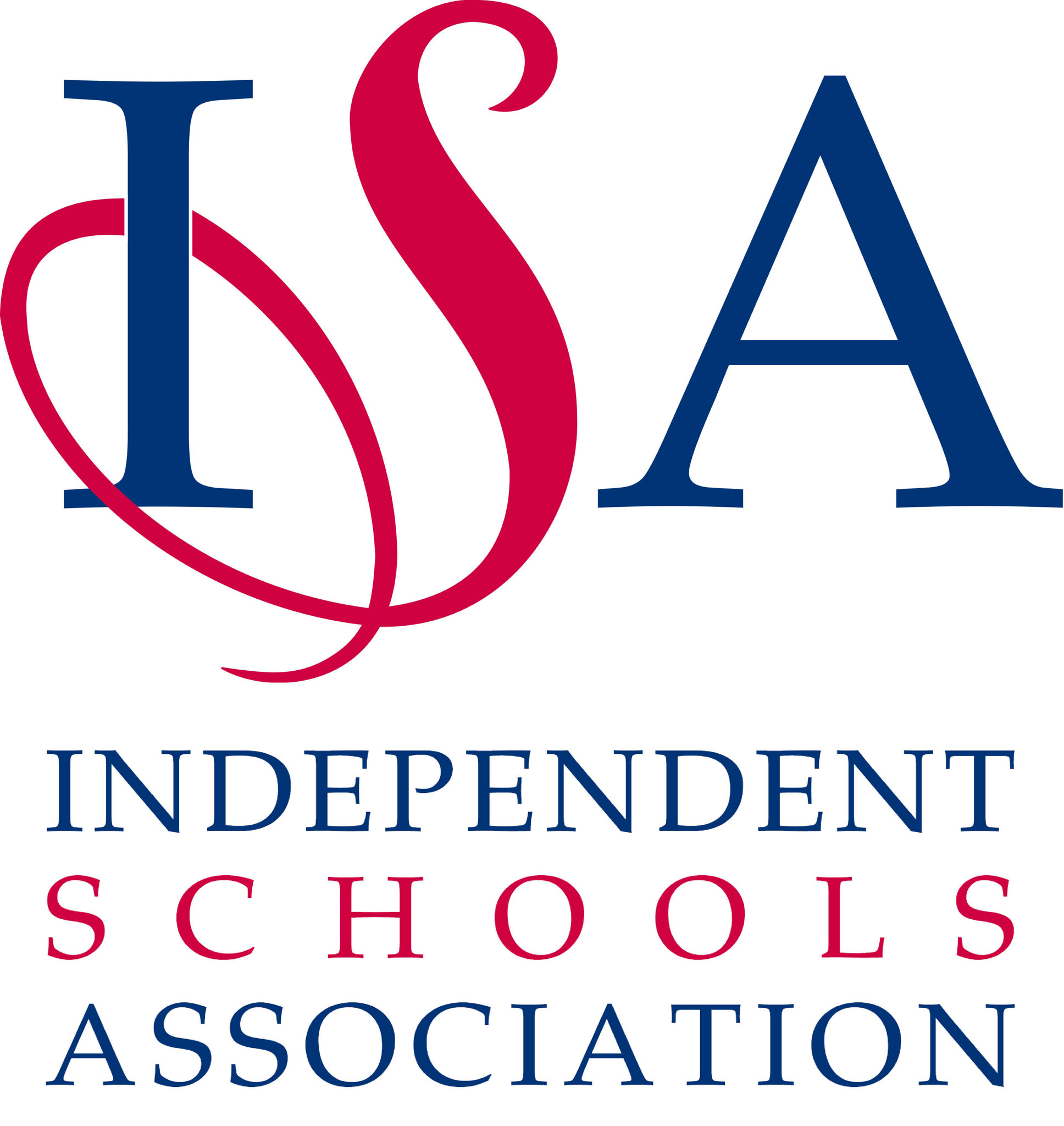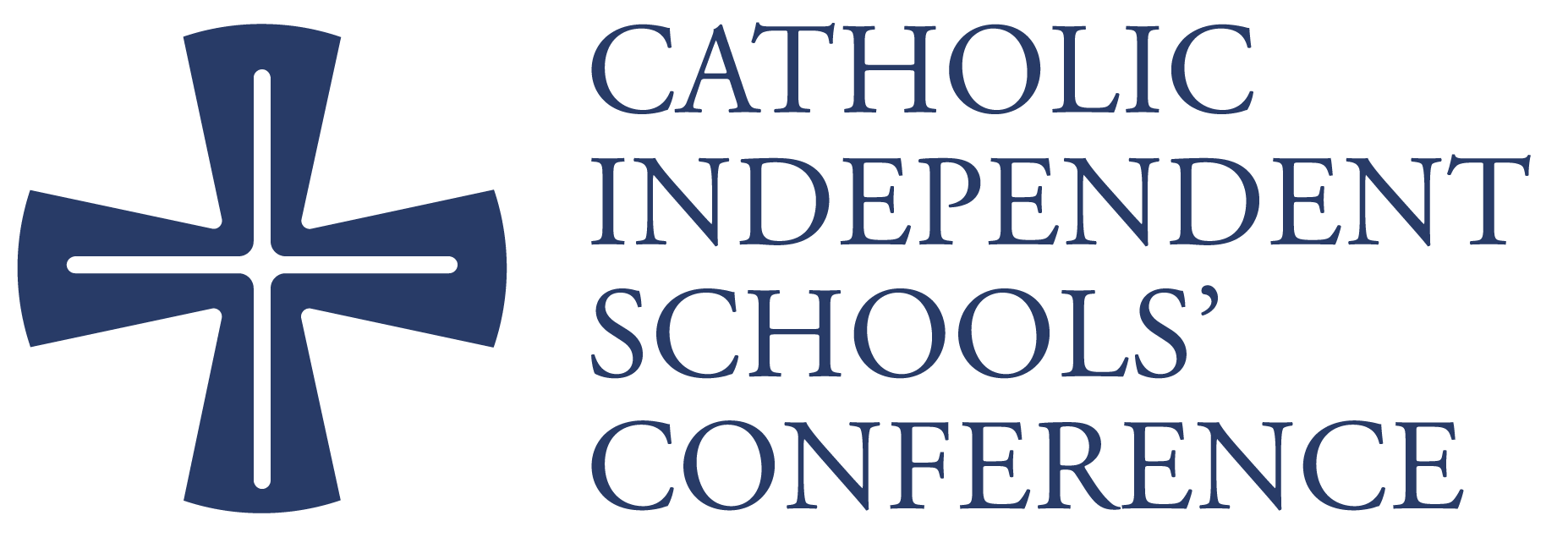
We believe that each child is unique and must be allowed to develop at their own rate in order to reach their full potential. We provide a settled and secure environment where children are encouraged to grow in independence and where learning is fun.
Foundation Stage Staffing
Each session is staffed on a ratio of 1 adult to 6 children for three and four year olds and for children under three the ratio is 1 adult to 5 children. The Head of Foundation Stage oversees every session and is supported by a suitably qualified team.
Mrs Nixon
EYFS Lead, Reception Class Teacher
Mrs Glasson
Nursery Class Teacher (Mon, Tues, Wed)
Mrs Edwards
Nursery Class Teacher
Mrs Debbie Cox
EYFS Practitioner
Miss Tara Goldsmith
EYFS Practitioner and Deputy Class Teacher (Thurs/Fri)
“ Through every activity the children are taught and behave with so much care, respect and love towards one another - a true reflection of the nursery values.”
Charging Policy
Governors’ intention is to set nursery and school fees at a level which is very competitive in the local community but at the same time commensurate with delivery of high quality provision.
We have revised our offer to parents who are eligible to access the Early Years Funding to make it more advantageous without impacting adversely on our resources.
You will be aware that the ‘Universal Offer’ is for 15 hours of free childcare available to all parents of children in the term following their 3rd birthday through to the end of Nursery. Some parents may be eligible to access a further 15 hours of funded childcare. 15 hours childcare support has been extended to eligible working parents of children from the age of 9 months to 3 year olds.
To check whether you are eligible for these additional offers, please visit www.childcarechoices.gov.uk
OFFER 1: Mornings only
8.30 – 12pm, three hours of which is funded under Universal Funding
OFFER 2: Extended mornings to include lunch
8.30 – 1pm, three hours of which is funded under Universal Funding
OFFER 3: - Full days
8.30 – 3.30pm, six hours of which is funded under Universal Funding
OFFER 3: - Full days (plus after school provision)
8.30 – 6pm, eight and a half hours of which is funded under Universal Funding
A six week notice period applies for children leaving Little Hearts Nursery. This would revert to the school’s standard notice charge of one term’s notice throughout the rest of the school.
Sessions
Monday to Friday
Mornings: 08.30am - 12.00pm
Afternoons: 12.00pm - 15.30pm
Lunch optional addition to morning session 12noon-1.00pm
Please note that you will be required to confirm your sessions half termly in advance to ensure adequate staffing levels are in place. We request that all children attend for a minimum of four sessions per week (Monday to Thursday or Friday)
There is always some flexibility!

Communication/Parents as Partners
We foster a strong partnership with parents/carers based on mutual trust and respect. This involves sharing information and knowledge about your child.
A member of staff will greet your child personally on arrival each day when you will have the opportunity to advise the member of staff of any important issues concerning them. Each child will have a Home/School Book, which is to be used for communication between parents and the school. This is kept in their red book bag. We also share weekly photographs on our website.
Nursery children receive a copy of the school newsletter via email which is issued at the end of each week.
Each term you are invited to attend a consultation evening. We are aware that good communication between home and school is essential and staff will always be available to speak to you. Each child will be assigned a Key Person.
“ My daughter absolutely loves going in everyday and has learnt so much. It is the best start in life.”
Key Person
‘Their role is to help ensure that every child’s care is tailored to meet their individual needs, to help the child become familiar with the setting, offer a settled relationship for the child and build a relationship with their parents and/or carers. They should also help families engage with more specialist support if appropriate.’
(EYFS Statutory Framework January 2024)
Each Key Person will endeavour to:
- Help their named children become familiar with the setting and to feel safe and confident.
- Develop a genuine bond with the children and offer a settled close relationship.
- Meet the needs of each child in their care and respond appropriately and sensitively to their feelings, ideas and behaviours.
- Talk to parents/carers to build up the home/school link and support them in guiding their child’s development at home.
- Help families engage in more specialist support, if appropriate.
- Make continuous observations.
- Complete a summative assessment tracking sheet every term.

What if my child is ill?
Please advise us in writing of any planned absences. Unplanned absences should be notified to the office by 9.00am. In the case of vomiting or diarrhoea, children must not return to school until they have been symptom-free for at least 48 hours.
What will my child need?
- A named, machine-washable water bottle.
- School uniform as specified on our website.
- Mittens and hat in the winter/sun hat in the summer.
- A warm coat and wellies.
- A school book bag.
All items brought into school must be named.
Snacks and lunch?
Children can access their own water bottles throughout the day. We offer a variety of healthy snacks including fruit, vegetables, cheese and biscuits, toast and croissants, milk or water. Children and staff sit down together to develop social interaction. Children have the option of staying for a hot lunch provided by Pollen.
How will I know what the topics are?
A list of termly topics is sent home at the start of each term. If you have any questions, a member of the Nursery Team will be happy to advise.
Can I bring my child into the Nursery?
On arrival, parents will leave their children at the side door leading directly into the Nursery room. At lunchtime collection, we bring the children to the gate to meet you. At the end of the day, please collect your child from the side door of Nursery.
“ We’ve found that the focus on the individual development and creativity has fostered a love of learning but also has built a strong foundation for his future education.”

A typical day...
Learning should be absorbing, challenging and imaginative. At 9.00am all children sit down quietly and a group welcome session is held. The children then engage in focused activties and child initiated play. At 10.20am the children enjoy a healthy snack.
Activities then continue until 11.50am when the children have story time to end the
morning. At 12.00pm the children have lunch in the main school hall. After lunch,
learning and play continue until 3.25pm.
Parents guide to the Early Years Foundation Stage (EYFS) Framework
The EYFS starts from birth and continues until your child is five. Your child will be learning skills, acquiring new knowledge and demonstrating their understanding through seven areas of learning and development.
The three prime areas are particularly important for building a foundation for igniting children’s curiosity and enthusiasm for learning, forming relationships and thriving. These prime areas are:
- Communication and Language
- Physical Development
- Personal, Social and Emotional Development
We also support children in four specific areas, through which the three prime areas are strengthened and applied. These specific areas are:
- Literacy
- Mathematics
- Understanding the World
- Expressive Arts and Design
We always look at the individual needs, interests and development of each child and use this information to plan a challenging and enjoyable experience for each child in all areas of learning and development. Children in the EYFS learn by:
- Playing and exploring – children investigate and experience things, and ‘have a go’.
- Active learning – children concentrate and keep on trying if they encounter difficulties, and enjoy achievements.
- Creating and thinking critically – children have and develop their own ideas, making links between ideas and develop strategies for doing things.
“ The nurturing of the experienced, exceptional team is second to none, the lead is so in tune with every child and always available to talk to.”
Special Educational Needs and Disabilities (SEND)
We promote inclusive practice. If a child within our setting has additional needs or disabilities, we organise an individual programme to support them. We work with parents and outside agencies, if appropriate, to provide additional support to meet a child’s needs. Prior to joining, we ask all parents to share with us any relevant information and professional reports in the interests of working together to support your child.
Assessment
Your child will be observed during teacher-led and child-initiated play. The information gathered is used to plan your child’s future learning.
We complete a progress check when a child is aged between two and three which is shared with parents. This includes a written summary of your child’s development in the prime areas.
A summative assessment report is completed in the final term which is shared with parents and the Reception Class teacher.
The Foundation Stage Profile is finalised at the end of the Reception year.
How can I help my child learn?
All the enjoyable activities that you do with your child at home are important in supporting their learning and development, and have a really long lasting effect on your child’s learning as they progress through school.
Supporting young learners at home
- Sing, dance and tell nursery rhymes.
- Talk about the numbers, colours, words and letters you see when you are out and about.
- Answer all the 'why' questions but also ask them!
- Talk to your child at every opportunity – e.g. what you are doing that day.
- Allow your child to cut out and stick pictures from magazines.
- Use all your recyclable items to make and create.
- Cook or bake together.
- Plant seeds or bulbs in a pot or garden patch. Encourage your child to look after them and watch them grow.
- Provide messy play. For example, playdough, cornflour and papier mâché.
- Use the weather – shadows, rain, puddles, snow, wind, mist and sun - to extend your child’s vocabulary.
- Talk about what you see, hear, feel, taste and smell.
- Explore the park at different times of the year.
- Read stories together.
- On a trip to the supermarket, talk about all the different packaging shapes.
- Play ball games involving catching, throwing and kicking.
“ I have two children who have attended Little Hearts Nursery and all I can say is that it is the warmest, most nurturing environment where both of my children have grown.”
For those parents and carers whose children are too young to join us independently we offer the toddler sessions on 1st and 3rd Fridays each month from 9 - 10.30 am. This is an ideal opportunity for you to meet other parents and for your child to become familiar with the setting and routines in preparation for joining Nursery following their 2nd birthday. Please click here for further information.
Please click here for further Special Education and Disability Information.
.png)


